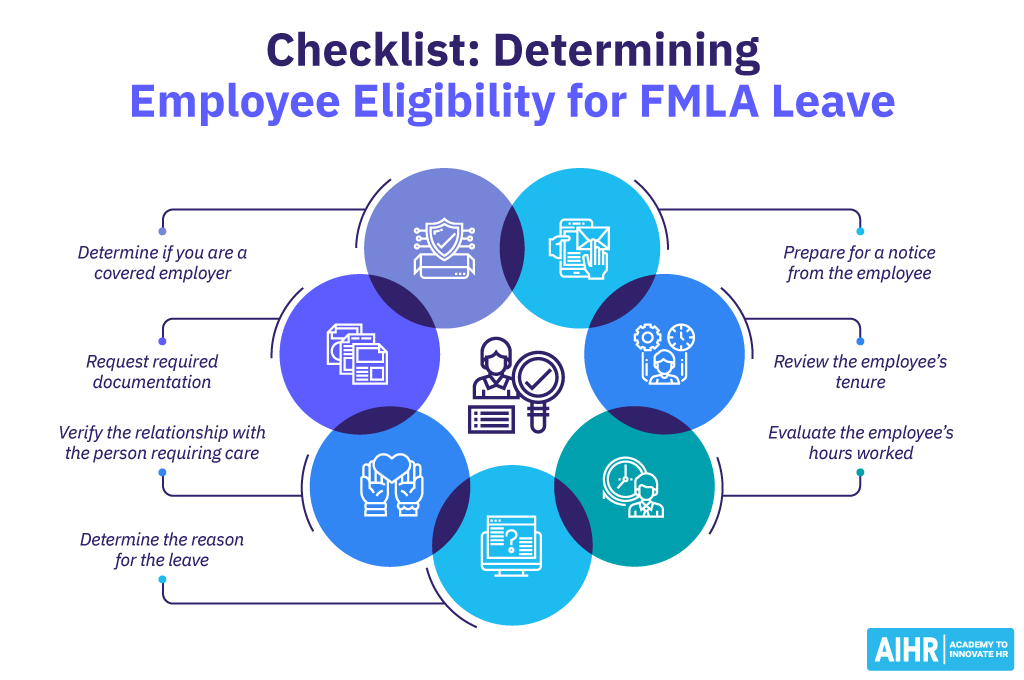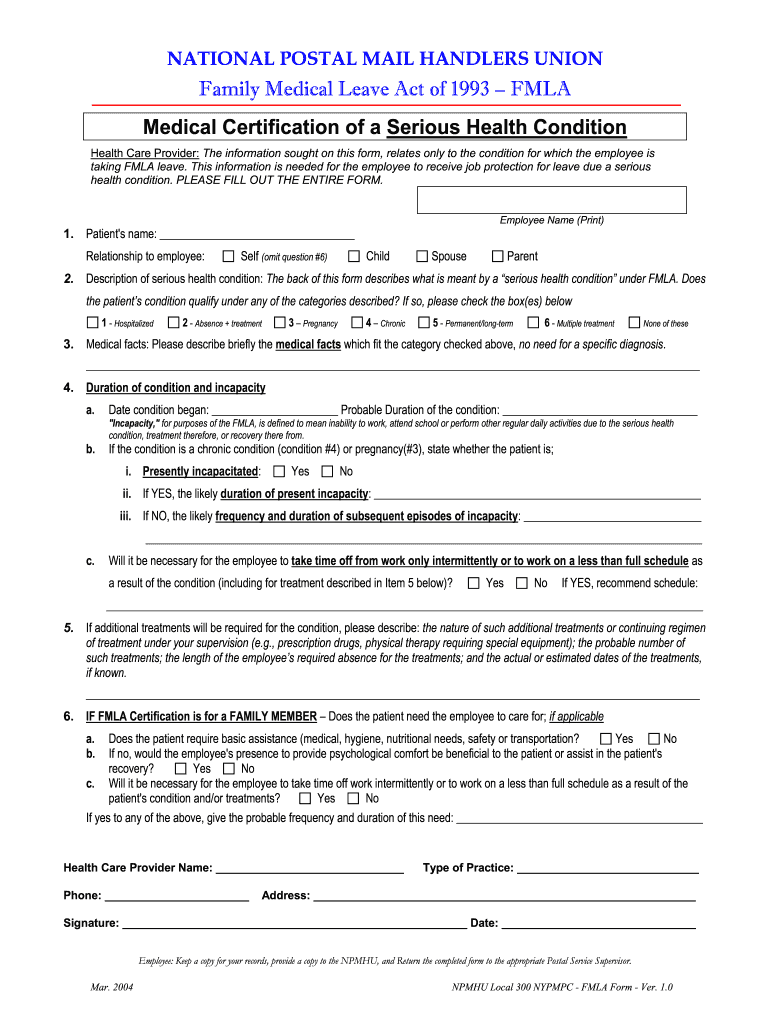What If an Employee Doesn't Return FMLA Paperwork?

In any workplace, the management of employee health, well-being, and adherence to legal requirements is crucial. This includes dealing with situations where an employee needs time off for medical reasons under the Family and Medical Leave Act (FMLA). However, what happens when an employee does not return the required FMLA paperwork?
Understanding FMLA

The Family and Medical Leave Act (FMLA) is a federal law that provides eligible employees with job-protected, unpaid leave for certain family and medical reasons. Here are key points to consider:
- Eligibility: Employees must work for a covered employer, have worked for the employer for at least 12 months, have at least 1,250 hours of service in the past 12 months, and work at a location where the employer has at least 50 employees within 75 miles.
- Qualifying Reasons: Eligible employees can take up to 12 weeks of leave for reasons like childbirth, adoption, personal or family health issues.
- Employer Responsibilities: Employers must provide notice of rights and obligations, determine employee eligibility, and designate leave as FMLA-qualified when appropriate.
When the Paperwork is Not Returned

When an employee does not return the FMLA paperwork, several steps and considerations come into play:
- Initial Notification: Employees should be given notice of their rights under FMLA when they request leave or when the employer determines that the leave might be FMLA-qualifying. If paperwork is not returned:
- Employers need to document attempts to provide the employee with the required forms.
- This can be done via email, certified mail, or in-person delivery with a receipt acknowledgment.
- Follow-Up:
- If the employee does not respond or return the paperwork within the specified time frame (usually 15 calendar days from the request), employers should follow up.
- Send reminders or attempt to contact the employee to ensure understanding and compliance.
- Communication and Clarification:
- Ask if there are barriers to completing the forms (like health or language issues).
- Offer assistance in filling out the paperwork if necessary.
Potential Employer Actions

Here's how employers can proceed if the employee still doesn't comply:
- Designation without Certification: In some cases, the employer can designate the leave as FMLA without the certification if they have enough information to reasonably believe the employee qualifies.
- Request Recertification: If the employee has already been approved for FMLA leave, the employer can ask for recertification to ensure continued eligibility.
- HR or Legal Consultation: If the employee repeatedly fails to return paperwork or if there is ambiguity, consult with HR or legal counsel to address the situation appropriately.
Consequences for Employees

Non-compliance with FMLA paperwork requirements can have several consequences for employees:
- Loss of Protected Status: Without proper documentation, the leave might not be FMLA-protected, risking job security.
- Absence Discipline: Depending on company policy, failure to return paperwork could be treated as unexcused absence.
- Denial of Benefits: Employees might not receive full FMLA benefits or continuation of health insurance if the leave isn't officially recognized as FMLA-protected.
Best Practices for Employers

To navigate this situation effectively, here are some best practices:
- Clear Communication: Ensure that employees understand the necessity and process of FMLA paperwork.
- Documentation: Keep thorough records of all communications and actions taken regarding FMLA requests.
- Provide Assistance: Offer help in completing forms, especially if the employee seems confused or overwhelmed.
- Comply with Law: Even if paperwork is not returned, employers should still adhere to FMLA obligations to avoid legal issues.
📝 Note: Employers should seek legal advice to ensure compliance with all aspects of FMLA regulations, especially in complex situations.
To sum up, handling an employee who doesn't return FMLA paperwork requires a balance of empathy, legal adherence, and clear communication. It's essential to guide the employee through the process, document all interactions, and take appropriate steps to ensure both compliance with the law and the employee's well-being. Employers should approach this issue proactively to maintain a supportive work environment while protecting their legal standing.
What happens if an employee is unable to return the FMLA paperwork due to their medical condition?

+
If an employee’s medical condition prevents them from completing the FMLA paperwork, employers should document this and possibly designate the leave as FMLA-qualifying based on information they already have. Providing support or offering assistance in completing the forms can also be a humane and legal approach.
Can an employer still grant FMLA leave if the paperwork isn’t returned?

+
Yes, if the employer has enough information to reasonably believe the employee qualifies for FMLA leave, they can designate it as such. However, the process should be thoroughly documented to avoid potential legal issues.
What are the employer’s responsibilities if an employee refuses to cooperate?

+
Employers should document all efforts to obtain the necessary documentation, follow up, and communicate the consequences of non-compliance clearly. Legal advice might be required to handle cases where the employee outright refuses to cooperate.



